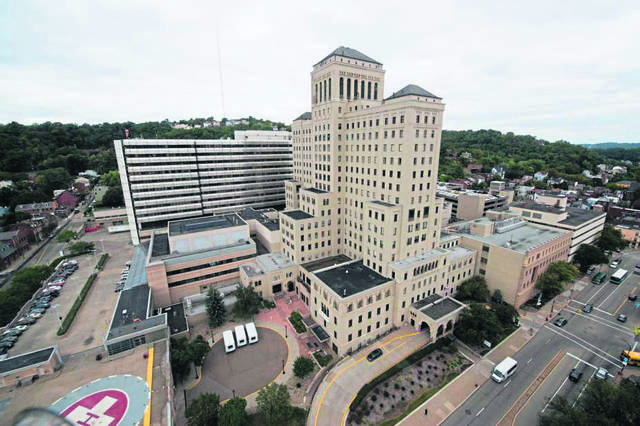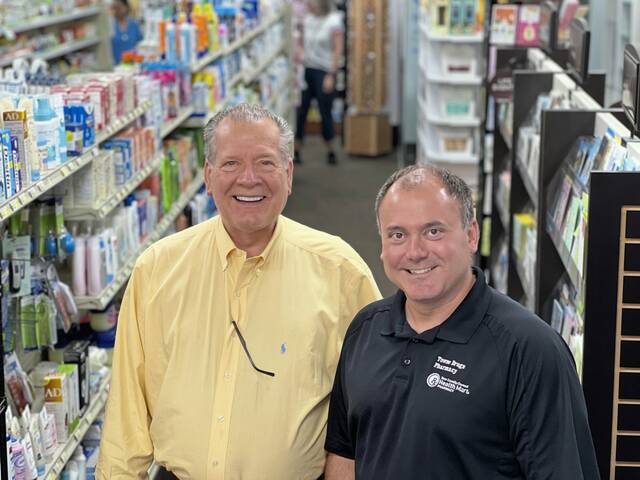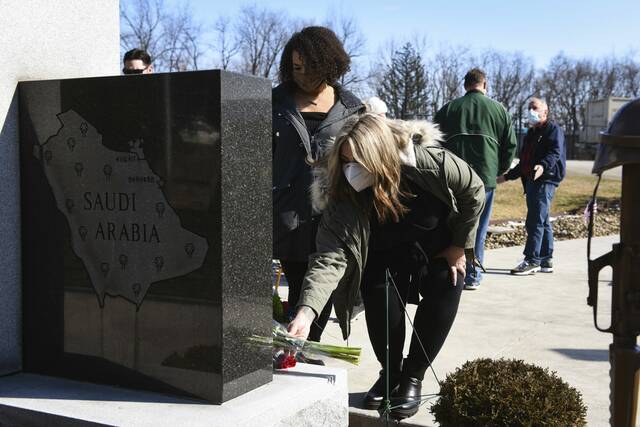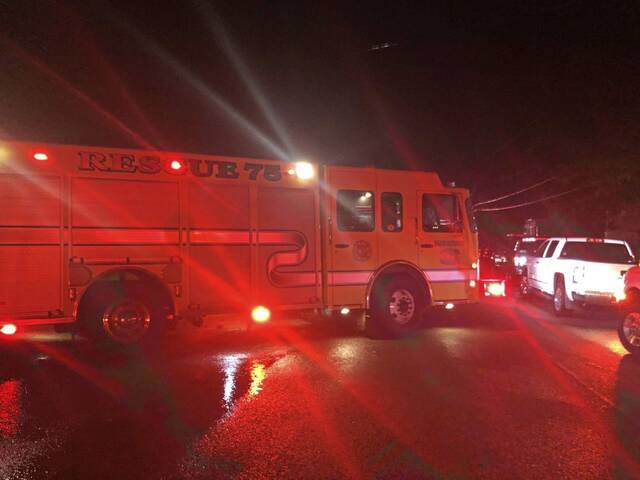Allegheny Health Network this week resumed elective surgeries and appointments at all of its medical facilities in response to the region’s decline in new coronavirus cases.
The health care provider said it is “returning to a more normalized schedule and protocols for medical appointments and non-emergent surgical procedures after six weeks of restrictions due to the novel coronavirus pandemic.”
Those include non life-threatening but medically necessary procedures such as joint replacements, colonoscopies and wellness checks.
The decision was made after consultation with local health officials and the state Department of Health. The state has authorized health care providers to resume in-person appointments and elective surgical procedures as long as they can do so safely, and as long as they have enough intensive care beds, coronavirus test kits and personal protective equipment (PPE) to respond to a covid-19 surge.
Dr. Sri Chalikonda, AHN’s chief medical operations officer, said the network feels confident moving forward because the curve in cases has flattened and hospitals have not seen a surge of covid-19 patients.
The network has been able to stock up on personal care equipment and come up with a strategic plan if there is a covid-19 surge. He said AHN is not treating many covid-19 patients in-house, and the hospitals have plenty of ICU and floor capacity.
“It was a combination of having a strategic plan to prepare for the surge with the fact we had a very flattened curve,” Chalikonda said. “Both things going together make us feel very safe to start this process.”
Officials are working with AHN’s surgical and medical societies to determine how to best schedule the surgeries, which will be based on a patient’s need and their coronavirus morbidity rate, Chalikonda said.
Every patient will continue to be screened for covid-19 symptoms and risk factors, and those who do not pass the screening will be tested for covid-19.
AHN also will test surgical patients for covid-19, regardless if they have symptoms if a positive result would impact whether the surgeon would proceed with the surgery. A spokeswoman gave examples: a knee surgery might be able to occur but surgery for a lung condition might be postponed.
“Our goal really is to try to get through this backlog in the next four to six weeks so that we really can resume more business-as-usual operations,” Chalikonda said.
Chalikonda said the biggest gap in health care coverage was not offering elective surgeries. Outpatient services such as primary care, urgent care and post-operative care were able to continue on through virtual-care visits. More than 100,000 of those visits occurred over the last six weeks, he said.
“Quite a bit of our normal, routine volume was converted to telemedicine, but that still leaves a lot of patients that do need to be seen in person for physical exams and surgical procedures,” he said. “I think we’re really concerned that … there’s going to be another group of outcomes (that are) non covid-related that lead to some health care problems in the future.”
Chalikonda said that “even though some of these procedures were quite elective, those who needed some orthopedic procedures have not been able to walk, and they’ve been really debilitated. They’re staying home for the last six to eight weeks without rehabilitation, without having the surgery, potentially utilizing more narcotics than they would have had they had the surgery.”
Emergency? Go to the hospital
Chalikonda stressed that it’s important for people to go to hospitals during emergencies, and they shouldn’t avoid them out of coronavirus fears.
Hospitals still have restrictions in place to mitigate the spread of the virus, such as visitor limitations, Chalikonda said.
“If you require care or you feel that you require care, please do not refrain from coming to the hospital because you’re worried mainly of catching the coronavirus. Because the outcome could be much worse,” Chalikonda said. “It is safe to come in.”
Here are the safety precautions and accommodations that have been implemented at AHN facilities:
• Extended office hours, with staggered staffing shifts, to spread the patient traffic flow over a longer time period, to mitigate congestion at facilities.
• Setting up separate entrances and treatment areas for covid-19 patients — and utilizing specially trained infectious disease care teams to treat those patients.
• Spaced-out chairs in waiting rooms, and other visual markers to encourage physical distancing.
• Strategic sneeze guard installations in reception areas and other patient touch points.
• Deep cleaning throughout our facilities every two hours, at minimum.
• Pre-screening procedures to expedite appointments.
• Clinical staff wearing protective masks at all times.
• Visitation restrictions at AHN facilities remain in place, with limited exceptions for end-of-life-care and visits to obstetrical units and neonatal intensive care units, or for those accompanying minors or individuals with intellectual disabilities, developmental disabilities or cognitive impairment.








